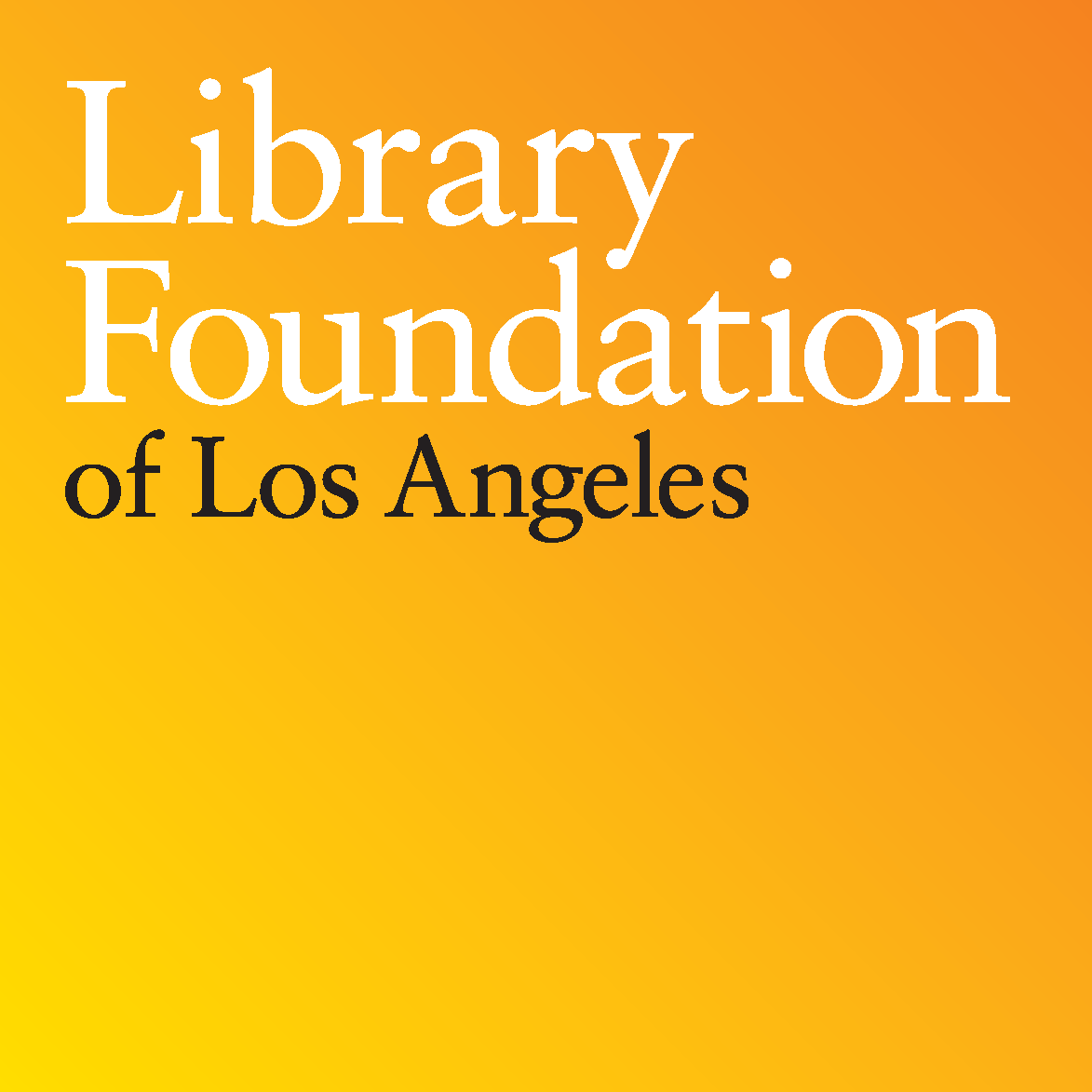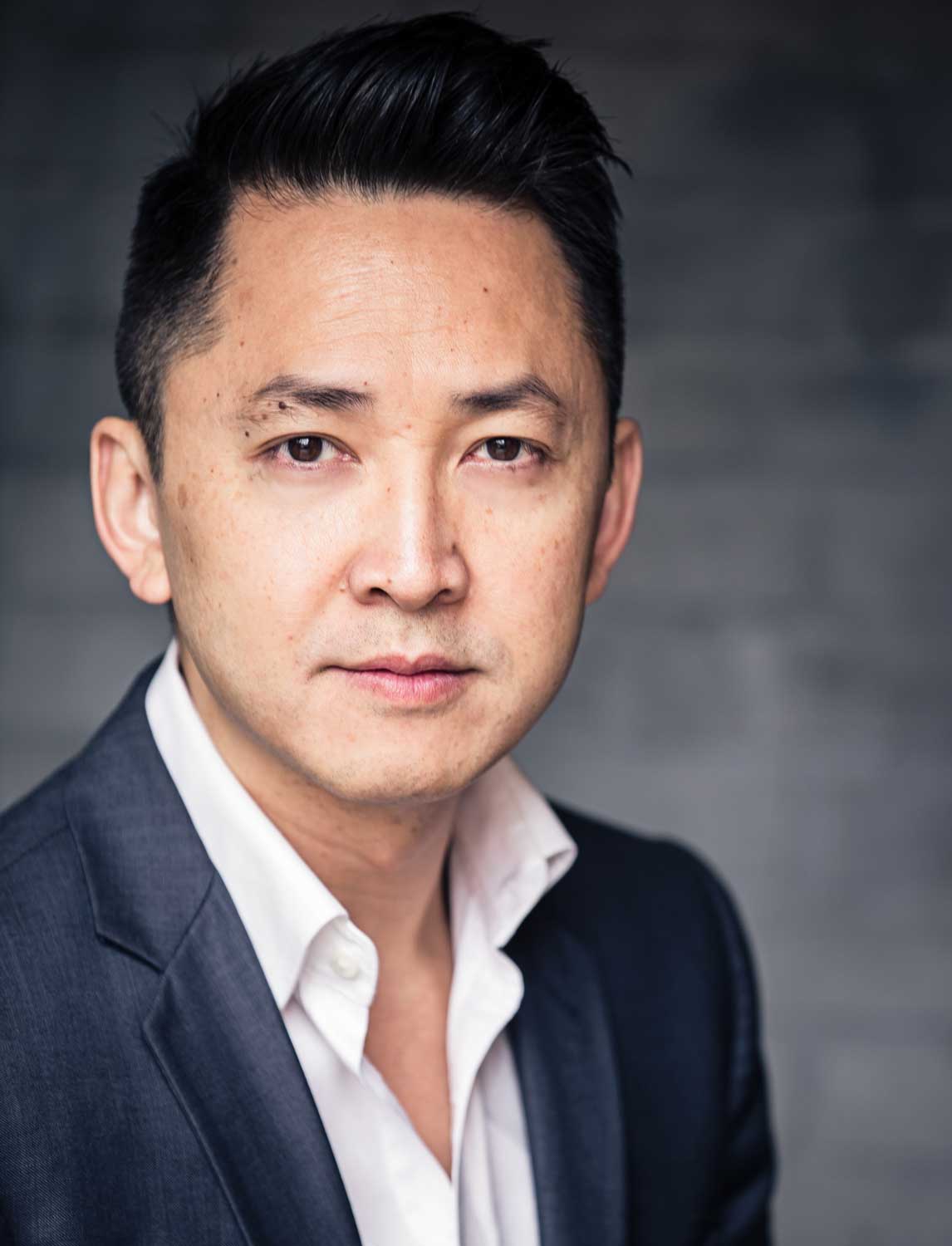“I am a spy, a sleeper, a spook, a man of two faces. Perhaps not surprisingly, I am also a man of two minds. I am not some misunderstood mutant from a comic book or a horror movie, although some have treated me as such. I am simply able to see any issue from both sides,” begins Viet Thanh Nguyen’s debut novel, The Sympathizer. Nguyen understands a lot about navigating dual worlds. Born in Vietnam, he came to the United States as a refugee in 1975 with his family. The Sympathizer—which was awarded the Pulitzer Prize for fiction yesterday!—is set during the aftermath of the fall of Saigon and follows an undercover communist agent posing as a captain in the Southern Vietnamese Army.
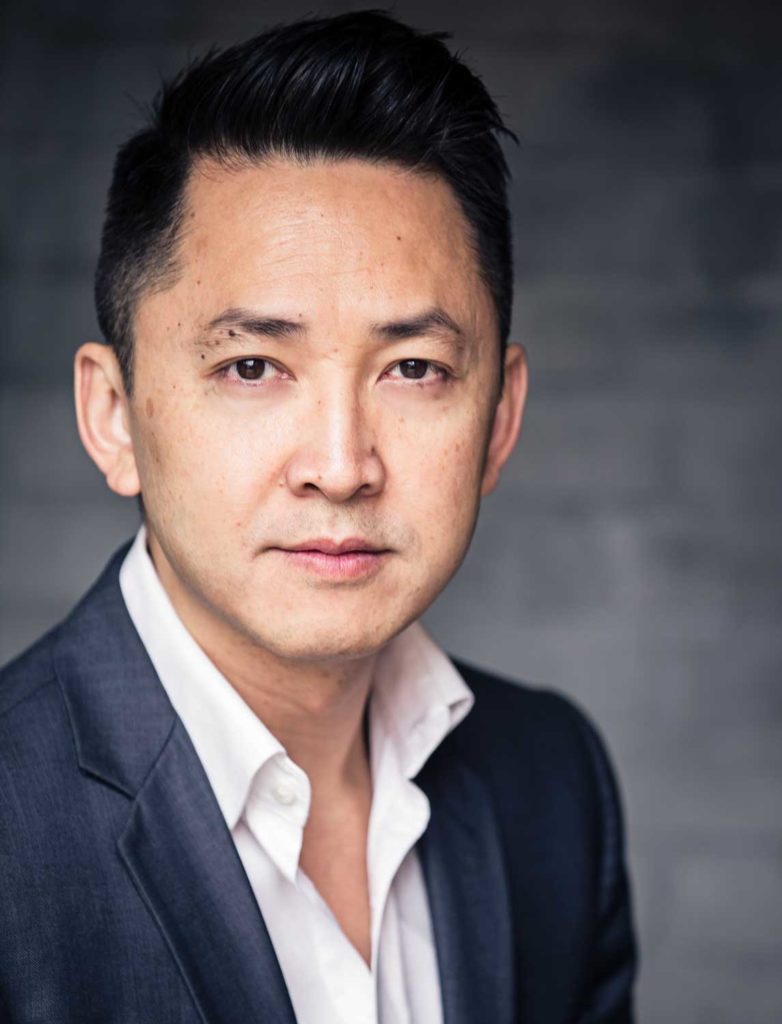
Nguyen, an associate professor of English and American Studies and Ethnicity at the University of Southern California, is deeply interested in illuminating the Vietnamese perspective of a war that has been mostly told through an American voice. Beyond teaching and exploring these themes through fiction, he is also the author of two works of nonfiction: Race and Resistance: Literature and Politics in Asian America, and Nothing Ever Dies: Vietnam and the Memory of War, which will be published this April. Before sharing the ALOUD stage on Tuesday, May 24 with his mentor Maxine Hong Kingston, we asked Nguyen about the challenges of confronting history through storytelling.
What first made you want to write about Vietnam?
Nguyen: I read and watched a great deal of American literature and film about the Vietnam War as I was growing up. By the time I entered college, I knew that one of the signal features of this body of work was that it did not include many meaningful roles for Vietnamese people. In other words, what Americans called the Vietnam War was really, for them, an American war. The Vietnamese were unimportant except as the backdrop for a civil war in the American soul, where Americans fought Americans. I found that deeply insulting and troubling, given that this was a war fought in Vietnam that had cost 3 million Vietnamese lives (compared to 58,000 American ones). In effect, this was a war where, for the first time in history, the losers got to write the history of the war for the world. I was determined to both insert Vietnamese perspectives into this distorted American narrative and to challenge the assumptions of American culture as well.
How has your perspective on the history of this war evolved over the course of your writing?
Nguyen: At first, I thought that what I wanted to do was to tell Vietnamese stories and fill in the gaps of American stories about the Vietnam War, Vietnam, and Vietnamese people. Eventually I realized that this was a limited and mistaken ambition. The Vietnam War was not only set in Vietnam, and did not only involve Vietnamese and Americans. Both Vietnam and America prefer to remember the war in that way because it contains the meanings of the war, and because it allows for a neat possibility of reconciliation between us-and-them. In reality, it was a regional and global war that pulled in Laos and Cambodia and many other countries that provided troops, bases, and contractors. It was a war that began well before American involvement and lasted well after Americans left. It cost 3 million Laotian and Cambodian lives as a direct consequence of Vietnamese and American actions. Although my novel doesn’t really deal with this, my nonfiction work, Nothing Ever Dies: Vietnam and the Memory of War, explores Laos and Cambodia as well as South Korea. South Korea was poorer than South Vietnam in the 1960s, but used American payments for its troops and chaebol (Hyundai, Daewoo, and the like) to begin its transformation into a global power. All this is part of the history of the Vietnam War as a total war that many would rather forget, or know nothing about.
What are the differences for you in exploring this war through fiction versus nonfiction? What have you learned from each creative endeavor?
Nguyen: In fiction, I can say all kinds of things that would be hard for me to say in nonfiction. In nonfiction, I need footnotes and documentation to support even the smallest claim. In fiction, I can say the most provocative things and leave them there for the reader to confront. That’s very liberating. Still, my fiction is deeply informed by the years of research I did for my nonfiction, both in terms of concrete work on Southeast Asian and American memories, and in terms of the theoretical thinking I did about memory, ethics, inhumanity, and representation. All those ideas that are implicit in my fiction, helping me immeasurably to make certain kinds of aesthetic decisions, are explicit in my nonfiction.
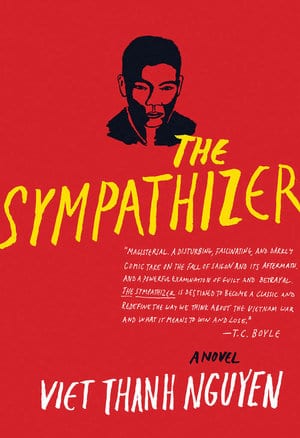
My nonfiction was shaped by my fiction, too. I took everything I had learned about narrative, characterization, plot, rhythm, and style and brought it into writing my nonfiction, which is infused with the emotion, passion, and intuition that are key to fiction. I mean for The Sympathizer and Nothing Ever Dies to be read side by side as the fictional and scholarly bookends of a critical project about our capacity to be both human and inhuman at the same time.
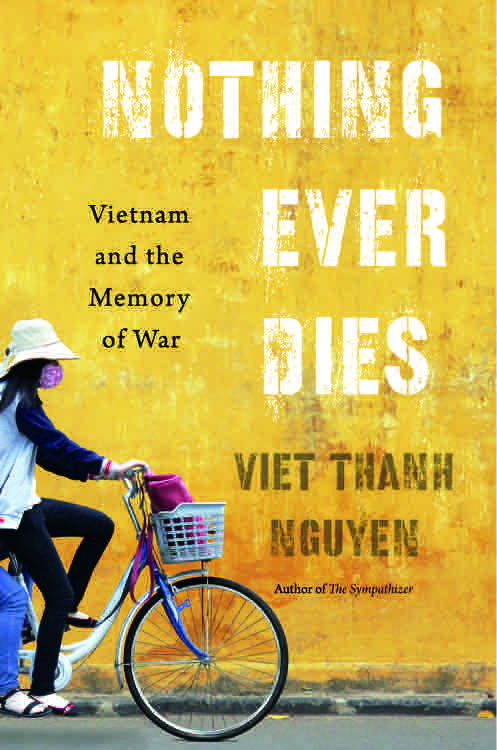
At ALOUD, you’ll be in conversation with the masterful Maxine Hong Kingston. What’s your relationship to Maxine and how has her writing influenced you? What do you look forward to speaking with her about?
Nguyen: Maxine was my first creative writing instructor in college. I applied for her nonfiction writing seminar and was admitted along with thirteen other students. Either she has forgotten or she has charitably never mentioned it to me, but I was a terrible student. I would fall asleep every single day in class, even when I was sitting only a couple of feet away from her. Eventually I realized I needed to inject myself with caffeine immediately before and during class. At the end of the semester, she wrote me a note and recommended that I seek help from the university’s excellent counseling services, as I seemed deeply alienated. She was most likely right. I mention this to point out that college students shouldn’t always be judged too harshly. I look the other way on the occasions when students fall asleep in my class. I have faith that teaching can have long-term consequences on students who may not even be cognizant of it at the time.
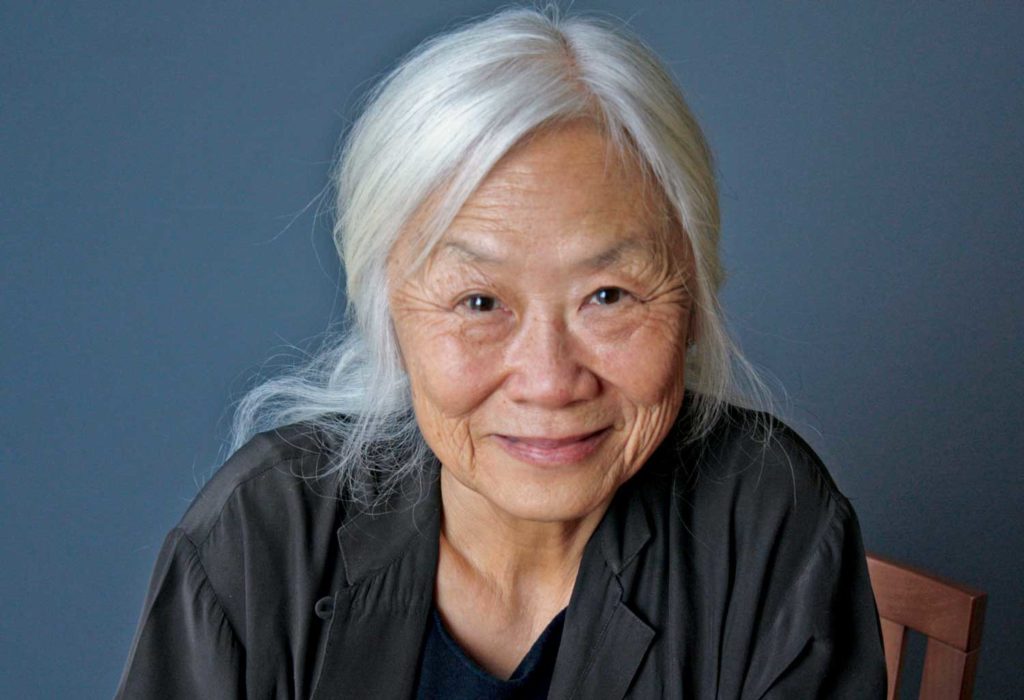
In Maxine’s case, I have found her work to be persistently powerful even though in college I found it somewhat bewildering. I use The Woman Warrior every time I teach an Asian American literature course and think that it is an important template for ethical storytelling. I cite that and China Men’s “The Brother in Vietnam” and The Fifth Book of Peace in my forthcoming Nothing Ever Dies, because throughout these works there is a consistent critique of power and an idealistic demand for peace that sets a high mark for any writer and critic who deals with war. In Maxine’s writing there is an awareness that war is always a total experience, one that works through the complicity of the people, not just the actions of soldiers, generals, and politicians. I want to talk to her about what it means to be a writer and an activist; how to think through the specific demands of a piece of writing while also thinking globally; and how to work at the seam of art and politics in an American publishing and writing world where that conjunction is often devalued.
As a writer, scholar, and critic, you conduct a lot of research. How have libraries shaped your work and inspired a love for books?
Nguyen: The San Jose Public Library system was my second home as a child, particularly the Main Library (now called the Martin Luther King, Jr. Library). My refugee parents worked 12 to 14 hour days, seven days a week, and I saw little of them. I heard even less, as they were too tired to talk to me and my native tongue had withered to almost nothing. I had adopted English and took great comfort in it. I spent hours in the library and by ten years of age was taking the bus to and from home to the library by myself every weekend. I read everything there, including things I shouldn’t have. I read above my age level, from All Quiet on the Western Front when I was in the sixth grade, to Larry Heinemann’s brutal Vietnam War novel Close Quarters when I was an adolescent. Scenes from that book scarred my memory. I hated that book until I had to write my own novel and realized that Heinemann was right—if you are dealing with atrocity, then don’t editorialize, don’t sentimentalize. Make the reader feel the hurt. Make the comfortable uncomfortable. Libraries are the great repository of uncomfortable ideas, and I benefitted from the freedom to roam and expose myself to them.
